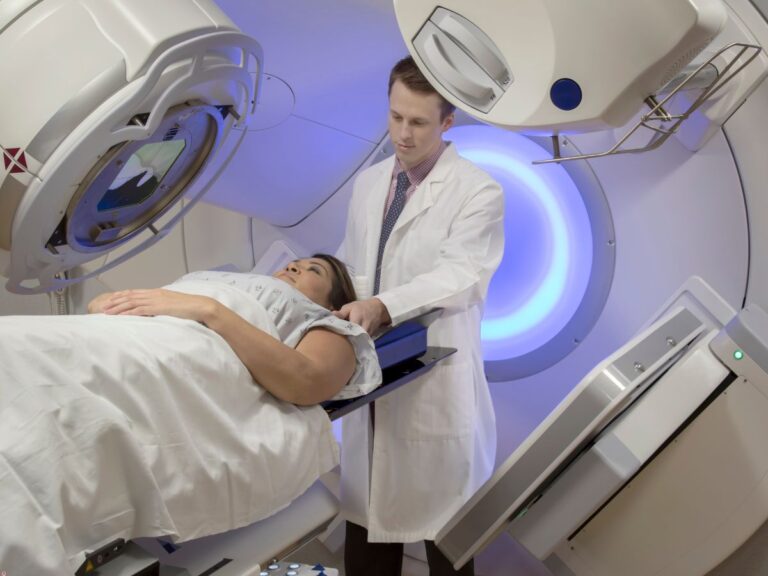The TP53 Gene and Li-Fraumeni Syndrome
The TP53 gene, often referred to as the guardian of the genome, plays a critical role in preventing cancer. In Li-Fraumeni Syndrome (LFS), mutations in the TP53 gene compromise its function, leading to a significantly increased risk of developing various cancers.
Function of the TP53 Gene
The TP53 gene encodes a protein that acts as a tumor suppressor. Its primary functions include:
- DNA Repair: TP53 helps repair damaged DNA, preventing mutations that can lead to cancer.
- Cell Cycle Arrest: It can halt the cell cycle to allow time for DNA repair or trigger apoptosis (programmed cell death) if the damage is irreparable.
- Apoptosis: TP53 induces apoptosis in cells with damaged DNA, preventing them from becoming cancerous.
Impact of TP53 Mutations in LFS
In LFS, mutations in the TP53 gene result in a non-functional or poorly functioning TP53 protein. This loss of function has several critical consequences:
- Impaired DNA Repair: Damaged DNA is not effectively repaired, leading to an accumulation of mutations.
- Failed Cell Cycle Control: Cells with damaged DNA continue to divide, increasing the risk of cancer.
- Reduced Apoptosis: Cancerous cells are not effectively eliminated, allowing tumors to develop.
For more detailed information on the TP53 gene, visit our Li-Fraumeni Syndrome resource.
Consequences of TP53 Mutations
The loss of TP53 function in LFS leads to a broad spectrum of cancer risks, including:
- Adrenal Cancer: Increased risk of adrenocortical carcinoma (ACC).
- Breast Cancer: Higher incidence, often at a younger age.
- Sarcomas: Soft tissue and bone sarcomas.
- Brain Tumors: Various types of brain tumors.
- Leukemia: Acute leukemia.
Genetic Testing for TP53
Genetic testing for TP53 mutations is essential for diagnosing LFS. Identifying these mutations allows for proactive screening and management strategies.
In summary, the TP53 gene plays a crucial role in preventing cancer. Mutations in TP53 in Li-Fraumeni Syndrome compromise its function, leading to a significantly increased risk of developing various cancers.






